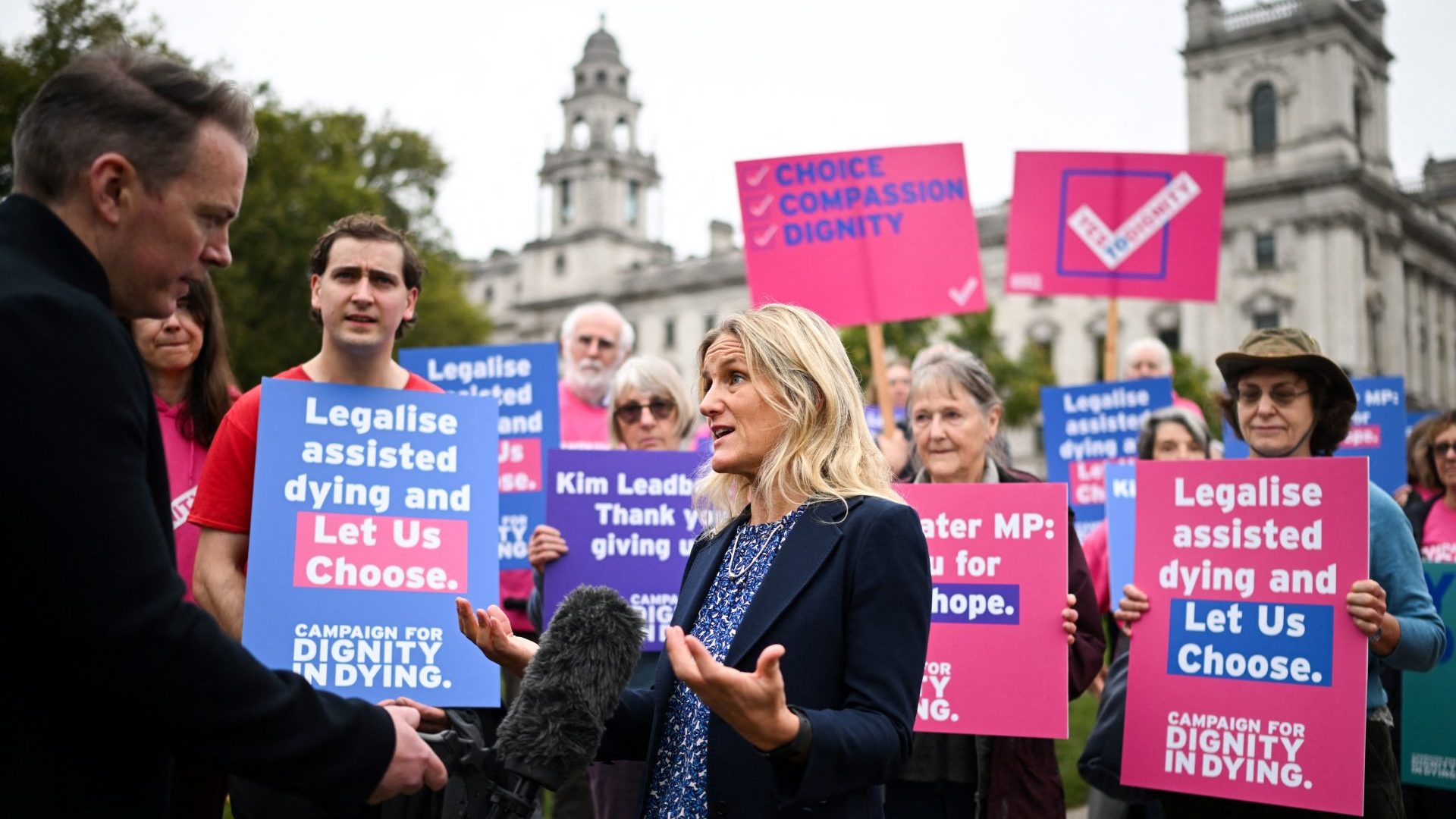MPs have decided: the debate on assisted dying will continue. By 330 to 275, MPs voted in assent to the second reading of the private members’ bill brought by Kim Leadbeater, meaning its progress through parliament will continue.
Campaigners for the introduction of the reform will certainly celebrate the victory, but the months ahead could be the most difficult yet, both for supporters of the bill and for the government itself.
While ostensibly the government is neutral on assisted dying, Keir Starmer had signalled before the election he was keen to ensure it had parliamentary time – having given this assurance to the dying presenter and campaigner Esther Rantzen – and voted in favour of its passage.
The question now is what MPs actually thought they were voting for when they voted “yes”. The assisted dying legislation was initially expected to get a thunderous majority – the principle is popular with the public and the new prime minister (with his landslide behind him) was known to be in favour.
But the debate over the actual bill and the process threw up numerous hurdles and saw much of that support ebb away or waver. There are doubts, including from the health secretary, over whether people might choose death as a way out because the NHS simply cannot resource their palliative care.
There is uncertainty as to how the judicial safeguards are supposed to work, or how the courts are meant to handle a significant new influx of cases. Given the uncertainties around predicting the life expectancy of terminally ill patients, it is not clear how the law’s proposed six-month limit would work in practice.
There are numerous other doubts – complex legislation like this would usually emerge after public consultation and perhaps even public inquiry. This bill has not.
In the face of wavering support, Leadbeater and her supporters framed a vote for the bill at second reading as a vote to continue the debate, suggesting there would be ample opportunities for amendments and further discussion later – at the report stage and in the Lords.
The reality is different: private members’ bills are, by convention, not amended by the Lords because there is generally not enough time for the Commons to consider Lords amendments. Either the Lords would have to break with that convention and risk sinking the bill, or more parliamentary time would have to be guaranteed in the Commons to consider Lords amendments. So far this has not been promised.
Similarly, the third reading at the Commons is usually a formality, at least for government bills (which haven’t fallen at this stage for decades). There would not, in the usual run of things, even be the five hours of debate allocated today. It does not come with opportunities for MPs to table their own amendments to the bill.
What happens next is largely up to the campaign for assisted dying and to the government. If it is confident that it could hold its support through the remaining stages of the debate, it may now pivot away from its “a vote today is a vote to continue the conversation” stance and try to proceed with the remaining stages as usual.
But if even a relatively small fraction of MPs who voted at the second stage weren’t happy with this, the bill could fail: 330 to 275 looks like a hefty majority, but it relies on several dozen MPs who abstained or weren’t present continuing to do so, or just one in ten MPs changing their mind in the intervening months.
The alternative is to engage in a sincere effort to make parliamentary time to consider and improve the bill. This might be the harder route – especially for the government – but would be the one most likely to produce legislation that didn’t backfire, and which could attract the support of those who support assisted dying in principle but are worried about the text of the bill.
Either way, No. 10 may come to rue this victory. The issue of assisted dying is incredibly emotionally charged and has taken a toll on many of the MPs involved on all sides – it is an incredibly serious issue which provoked strong emotions and sincere divisions. It is not the type of bill a new government with its own agenda to change the nation usually opens with, especially given its own MPs are divided on the issue.
Assisted dying will continue to be one of the dominant political issues for the remainder of this parliamentary session. If it results in a workable, compassionate reform with stronger safeguards than those currently in the bill, that could be a win for the people supporters of the bill are trying to help. If it results in botched, rushed legislation, it could be calamitous for all concerned.
Either way, it is an ambiguous result for a government that has struggled to define its identity or muster up any achievements of note in the first six months of its tenure. The biggest legislative story will continue to be assisted dying, a free vote ostensibly out of its control. Is this really something that constitutes a win for No. 10?











